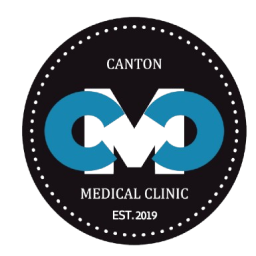



cANTON mEDICAL cLINIC
Your Trusted Partner In Healthcare
Led by Dr. Haseeb Ahmad Khawaja, and Dr. Nida Latif, our clinic offers a comprehensive range of services to support your journey toward better living. From expert primary care and preventative health solutions to personalized weight loss programs and cutting-edge aesthetic treatments with the Alma Accent Prime, we are dedicated to helping you achieve your wellness and rejuvenation goals. At Canton Medical Clinic, your family's health and happiness come first. Discover care designed just for you!









YOUR HEALTH IS OUR UTMOST TOP PRIORITY
ALMA ACCENT PRIME
Unveiling true Beauty
Experience the next level of aesthetic treatments with Alma Accent Prime, a cutting-edge system that combines ultrasound (US) and radio frequency (RF) technologies to deliver exceptional results. This versatile platform offers a range of customizable treatments, from body contouring to skin tightening and even lymphatic drainage.
Optimize your health.
Protect Your Health In Every Aspect With Our Help At Canton Medical Clinic
Contact Us Today






